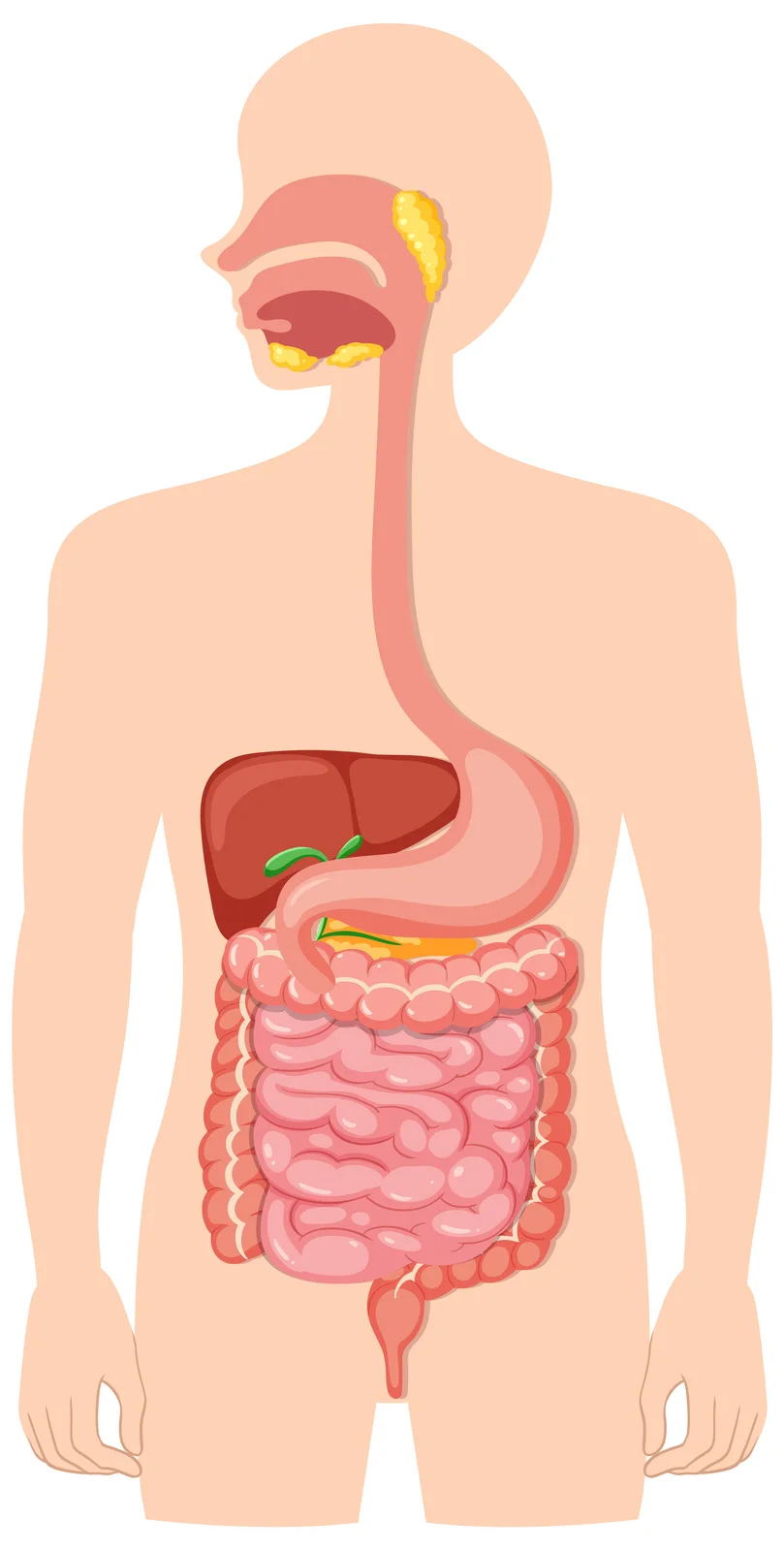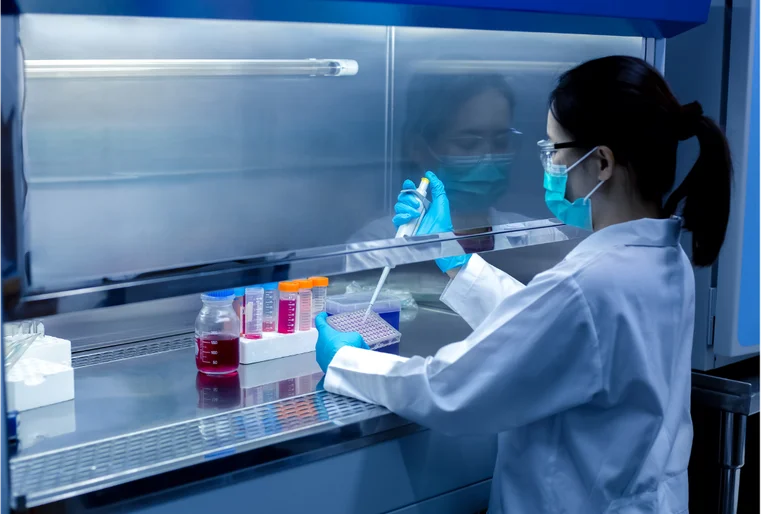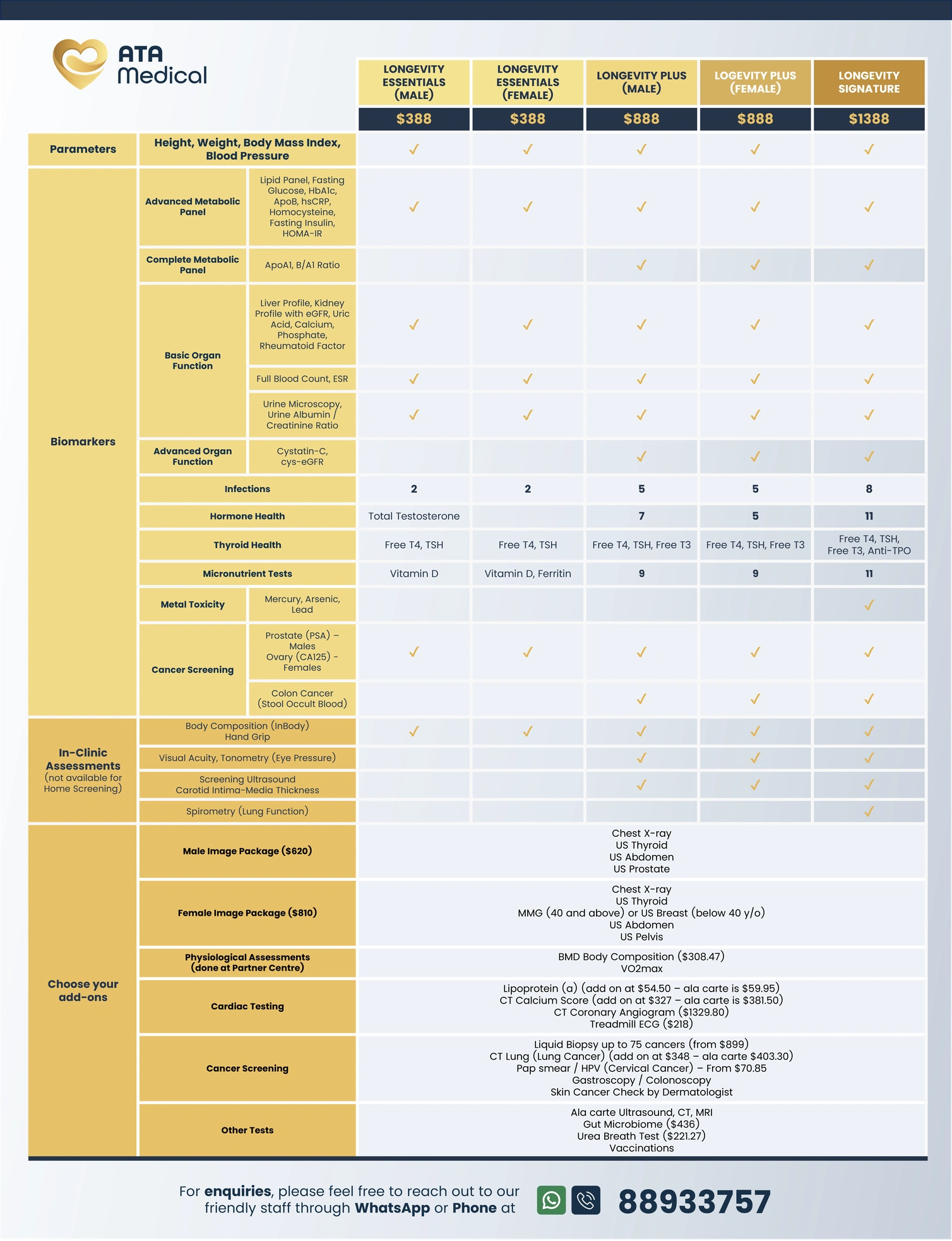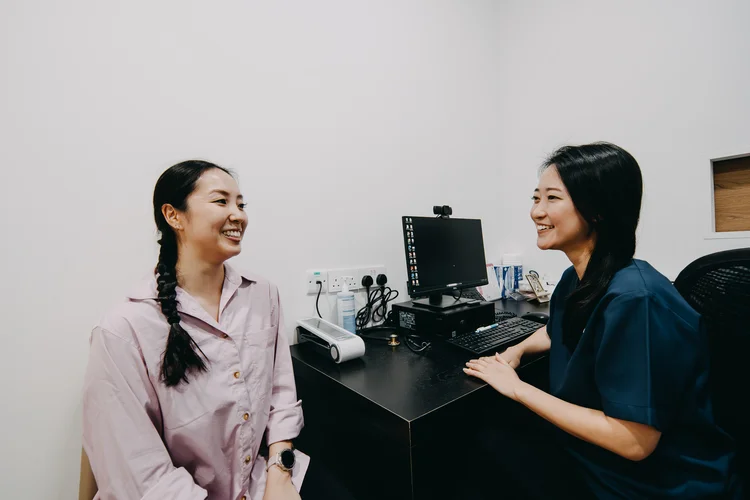Gut Microbiome Test Singapore
A gut microbiome test is a diagnostic tool that analyses the type and relative amount of
microorganisms in your digestive tract. It can help detect microbial imbalances, identify
potential health concerns, and guide dietary or lifestyle changes to support digestive and overall
health.
At healthscreening.sg, we offer the gut microbiome test at $436 NETT, with consultation from $49.05,
including a results review with personalised health recommendations.
What Is the Gut Microbiome?
The gut microbiome is the community of trillions of bacteria, viruses, fungi, and other
microorganisms that live in your digestive system. These microbes assist with breaking
down food, producing certain vitamins, and regulating immune responses.
A balanced gut microbiome supports healthy digestion, nutrient
absorption, and immune regulation. Disruptions to this balance may contribute to
conditions such as obesity, diabetes, Irritable Bowel Syndrome
(IBS), Inflammatory Bowel Disease (IBD), allergies, and mood-related concerns.
In Singapore, IBS affects roughly 1 in 10 people. The rate of IBD, an
autoimmune condition causing chronic inflammation of the digestive tract, has also been rising in recent years. IBD increases the risk of
colorectal cancer, making the maintenance of a healthy gut microbiome important for reducing
health risks and supporting overall wellbeing.

How Does Gut Microbiome Analysis Work?
A gut microbiome analysis works by evaluating a stool sample to determine the types and quantities of microorganisms present. It assesses the proportion of beneficial versus harmful microbes, compares your results with healthy population benchmarks, and may suggest interventions such as dietary adjustments, probiotic use, or other measures to help restore microbial balance.

Why Do Gut Microbiome Testing?
Gut microbiome testing offers several key benefits:
- Non-invasive – Provides insight into gut health without procedures such as gastroscopy or colonoscopy.
- Early detection support – May help identify signs linked to conditions such as IBS, IBD, obesity, diabetes, allergies, and colorectal cancer. It is important to note that the test provides useful insights but not a definitive diagnosis.
- Understanding digestive symptoms – Helps identify microbial imbalances that may contribute to bloating, constipation, diarrhoea, or IBS.
- Personalised health suggestions – Provides tailored dietary and lifestyle recommendations based on your unique gut microbiota profile.

How Is a Gut Microbiome Test Performed?
A gut microbiome test typically involves the following steps:
- Consultation – Your doctor will discuss your health background, have you complete a questionnaire, and provide a stool sample collection kit with detailed instructions.
- Sample collection – You collect the sample at home, following the provided guidelines carefully to avoid contamination, and then return it to the clinic or laboratory.
- Laboratory testing – The lab uses advanced methods such as DNA sequencing to analyse the microbial composition and diversity in your gut.
- Results and recommendations – Your doctor reviews the findings with you and may recommend specific dietary changes, probiotics, or lifestyle modifications to improve gut health.

AMILI Gut Microbiome Test at healthscreening.sg
AMILI is Southeast Asia’s first precision gut microbiome company, headquartered in Singapore, with a
focus on advancing microbiome science to enhance human health. The AMILI
Gut Microbiome Test delivers a detailed evaluation of the microorganisms in your digestive
tract, using Asia’s largest gut profile database and a proprietary gut health scoring method.
This test compares your microbiota composition to a large Asia-specific population database, providing
personalised wellness insights in areas such as brain function, metabolic health, and nutrient
processing. It also offers targeted recommendations for diet and probiotic use to help you achieve a
healthier gut balance.
How Much Does Gut Microbiome Test Cost in Singapore
At healthscreening.sg, we offer AMILI’s Gut Microbiome Test with consultation and review. Our prices are as follows:
| Test | Price* |
|---|---|
| Consultation | From $49.05 |
| Gut Microbiome Test | $436 |
| Allergy Blood Test | From $66.49 |
| IgG Food Allergy / Intolerance Test | From $218 |
*Prices are NETT and inclusive of GST.
^Prices last updated on
Jan 28, 2026. While every effort is made to keep pricing information up to date, please contact our team to confirm the latest rates.
For a more complete assessment of your health, consider our comprehensive
health screening packages, with the option to include gut microbiome testing.
How Long Does a Gut Microbiome Test Take?
A gut microbiome test usually begins with an initial consultation at our clinic, lasting around 30
to 60 minutes during off-peak periods.
You will be given a stool sample collection kit to use at home. Once collected, the sample can be
returned to the clinic or sent directly to the testing laboratory, following the provided instructions.
Laboratory analysis will be ready within 5 weeks, after which your doctor will review
the results with you and discuss the next steps.
How to Improve or Restore Your Gut Microbiome?
You can support a healthy gut microbiome by making simple dietary and lifestyle adjustments, such as:
- Eat more fibre-rich foods – Fruits, vegetables, legumes, and whole grains provide the nutrients that beneficial bacteria need to grow.
- Include fermented foods – Yoghurt, kefir, kimchi, and sauerkraut supply live microbes that can add to your gut’s beneficial bacteria.
- Take probiotics and prebiotics – Supplements or naturally occurring sources can help strengthen and sustain a healthy microbial balance, as advised by your doctor.
- Reduce processed foods and added sugars – Helps prevent the overgrowth of harmful bacteria.
- Stay hydrated – Adequate water intake supports digestion and microbial activity.
- Manage stress and prioritise sleep – Lower stress levels and consistent rest promote a healthier gut environment.
Longevity Health Screening Packages
- Identify potential age-related health risks early through advanced tests designed for lasting wellness.
- Enjoy reassurance with a thorough review by doctors who prioritise preventive healthcare.
- Act now to preserve your vitality, wellbeing, and quality of life for the years ahead.


How to Book an Appointment for Gut Microbiome Testing?
Why Choose Us?








Navigate Easy With Google Maps
Health Screening Singapore (Anson House)
Nearest MRT: EW15 Tanjong PagarHealth Screening Singapore (Camden Medical Centre)
Nearest MRT: TE13 Orchard BoulevardHealth Screening Singapore (CPF Jurong Building)
Nearest MRT: NS1/EW24 Jurong EastFrequently Asked Questions (FAQ)
A gut microbiome test in Singapore generally costs several hundred dollars, depending on the provider. At healthscreening.sg, the AMILI Gut Microbiome Test is priced at $436 NETT, with consultations starting from $49.05, inclusive of a results review and tailored health recommendations. We also offer comprehensive health screening packages with the option to include a gut microbiome test as part of your assessment.
Gut microbiome tests can be worthwhile for those seeking insights into their digestive health, especially if they have ongoing symptoms or want to make informed dietary changes. They can help identify imbalances and provide tailored recommendations but cannot provide a definitive diagnosis for conditions such as Irritable Bowel Syndrome (IBS) or Inflammatory Bowel Disease (IBD). It is advisable to consult a doctor to determine if the test is suitable for your needs.
Gut health can be assessed through diagnostic tests such as a gut microbiome analysis, which evaluates the microorganisms in your digestive tract. This involves providing a stool sample for laboratory testing to identify microbial diversity and balance. At healthscreening.sg, we offer the gut microbiome test at $436 NETT, with consultations from $49.05, including a results review and personalised health recommendations.
Yes, your doctor can order a microbiome test if they offer it, particularly when you have symptoms suggestive of digestive imbalance or related conditions. The process typically involves a consultation, stool sample collection, and laboratory analysis, followed by a review of the findings. At healthscreening.sg, we offer the gut microbiome test at $436 NETT, with consultations starting from $49.05 that include a results review and tailored health recommendations.
An unhealthy gut microbiome may be associated with symptoms such as bloating, gas, constipation, diarrhoea, abdominal discomfort, or food intolerances. It can also be linked to issues like fatigue, skin problems, or mood changes. However, these symptoms can have many causes, so a gut microbiome test can help clarify whether microbial imbalance is a contributing factor.
The only reliable way to assess your gut microbiome is through testing, such as a gut microbiome analysis, which identifies the types and amounts of microorganisms present. While signs like good digestion, regular bowel movements, and minimal gastrointestinal discomfort may suggest balance, they are not definitive indicators. Consulting a doctor can help determine whether testing is beneficial and appropriate for your situation.
An imbalance in your gut microbiome can disrupt digestion, nutrient absorption, and immune function, potentially contributing to symptoms such as bloating, constipation, or diarrhoea. Over time, it may be linked to conditions like Irritable Bowel Syndrome (IBS), Inflammatory Bowel Disease (IBD), allergies, metabolic issues, or mood disturbances. These effects vary in severity and may have multiple causes, so it is advisable to consult a doctor for proper assessment and management.
Harmful bacteria in the gut can thrive on diets high in processed foods, refined sugars, and unhealthy fats, as well as low fibre intake. Excessive alcohol consumption, frequent antibiotic use, and chronic stress may also encourage their growth. These factors can alter the gut environment, reducing beneficial microbes and allowing harmful ones to dominate.
In Singapore, common gut-related conditions include Irritable Bowel Syndrome (IBS), affecting about one in ten people, and a rising number of Inflammatory Bowel Disease (IBD) cases. Other concerns such as food intolerances, digestive discomfort, and microbial imbalances are also reported.
Signs of possible gut problems include persistent bloating, abdominal pain, constipation, diarrhoea, changes in bowel habits, or unexplained fatigue. These symptoms may be linked to various conditions, including microbial imbalance, but can also result from non-digestive causes. Consulting a doctor can help identify the underlying issue and determine if further testing, such as a gut microbiome analysis, is appropriate.
Improving your gut microbiome generally involves supporting beneficial bacteria through a balanced, fibre-rich diet, fermented foods, reduced intake of processed sugars, adequate hydration, stress management, and sufficient sleep. In some cases, probiotics or prebiotics may be recommended based on your gut profile. It is advisable to consult a doctor to ensure that any changes are appropriate for your health condition and needs.
